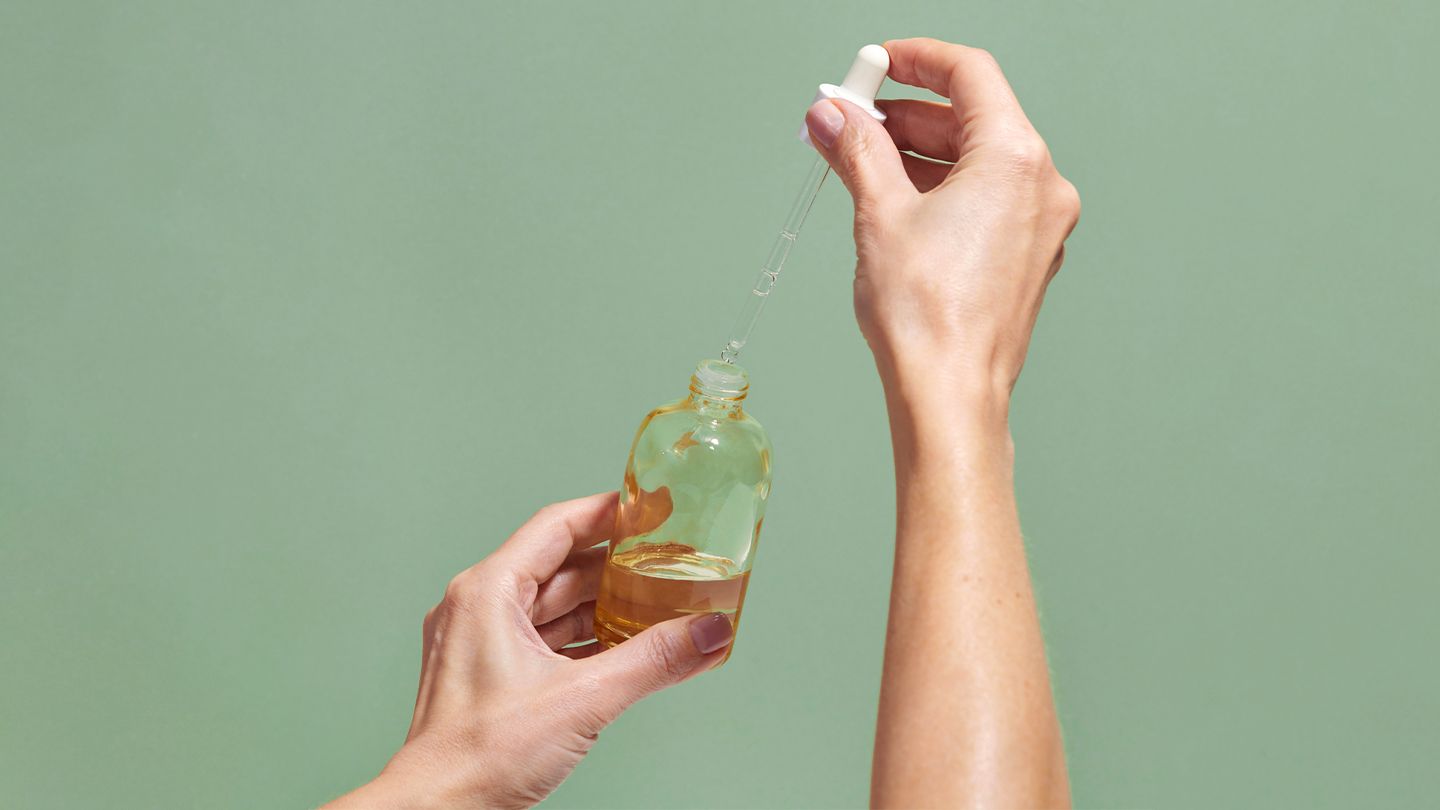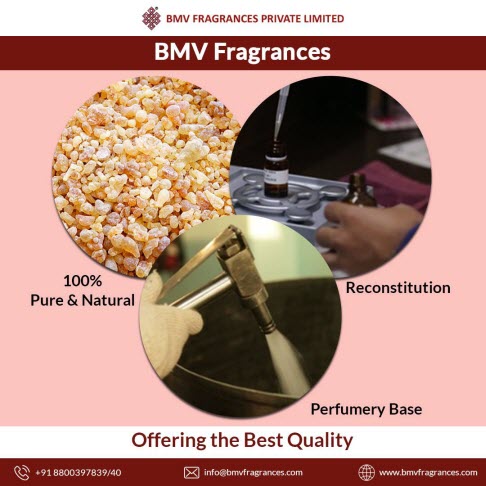
Imagine stepping into a serene room filled with the soothing aroma of lavender or inhaling the uplifting scent of citrus. Essential oils have gained immense popularity for their various therapeutic benefits, but it's crucial to use them safely and store them properly.
Essential oils are highly concentrated plant extracts that capture the aromatic compounds and therapeutic properties of plants. From promoting relaxation to rejuvenating the skin, these oils offer a wide range of benefits. However, it's essential to understand their safe usage and proper storage to prevent any potential risks.
Safety Precautions While Using Essential Oils
While essential oils have numerous benefits, it's crucial to exercise caution and follow safety guidelines to prevent any potential adverse reactions.
Patch Testing
Before using any essential oil on your skin, perform a patch test to check for any allergic reactions. Dilute a small amount of the oil and apply it to a small area of your skin, such as your forearm. Wait for 24 hours and observe for any signs of redness, itching, or irritation. If any adverse reactions occur, avoid using that particular oil.
Dilution Guidelines.
Essential oils are highly concentrated and should always be diluted before topical application. The general rule of thumb is to use 1-2 drops of essential oil per tablespoon of carrier oil. This ratio ensures proper dilution and minimizes the risk of skin irritation.
Proper Storage
To maintain the quality and potency of essential oils, it's essential to store them correctly. Keep the oils in dark glass bottles away from direct sunlight, heat, and moisture. Store them in a cool, dry place, preferably in a designated essential oil storage box or cabinet. This helps to preserve their aroma and extend their shelf life.

Common Mistakes to Avoid While Using Essential Oils
To ensure the safe and effective use of essential oils, it's important to be aware of common mistakes that should be avoided.
Using Undiluted Essential Oils
Undiluted essential oils can cause skin irritation, burns, or other adverse reactions. Always dilute essential oils with a suitable carrier oil or other dilution methods before applying them to the skin.
Not Checking for Allergies
Each individual may have a different sensitivity to essential oils. It's crucial to perform a patch test and check for any allergic reactions before using an oil extensively. Additionally, be cautious when using essential oils around individuals with known allergies or sensitivities.
Ignoring Expiry Dates
Like any natural product, essential oils have a limited shelf life. Over time, their potency and aroma can diminish, and they may even become rancid. Always check the expiry dates on the bottles and discard any oils that have expired or no longer smell fresh
Tips for Proper Use and Storage
Choose High-Quality Oils
Selecting high-quality essential oils is essential for both efficacy and safety. Look for oils that are 100% pure, therapeutic grade, and sourced from reputable brands. Avoid oils that contain additives, synthetic fragrances, or fillers.
Dilute Essential Oils Properly
Proper dilution is key to avoiding skin irritation or other adverse reactions. Follow the recommended dilution ratios and guidelines to ensure the safe and effective use of essential oils. Remember that less is often more when it comes to essential oil dilution, and it's better to start with a lower concentration and adjust as needed.
Store Essential Oils Safely
Proper storage plays a vital role in maintaining the quality and longevity of essential oils. Store them in a cool, dark place, away from direct sunlight, heat, and moisture. Ensure that the bottles are tightly sealed to prevent oxidation. Consider using a storage box or organizer specifically designed for essential oils to keep them organized and protected.
Recent Posts
- Amyris Oil Applications: Versatile Uses Across Various Industries
- The Role of Amyris Oil in the Fast-Growing Wellness Sector: Top 10 Countries Leading the Demand
- Geranium Egyptian Oil Biofunctional Properties: A Valuable Ingredient in Cosmetics, Fragrances, and Wellness
- Vetiver Oil: From Chemical Composition to Global Market Influence
- Agarwood (Oudh) : The Global Market for 'Liquid Gold' - An Industry Worth Billions
- The History and Origins of Balsam Peru
- Asia's Influence on the Global Sandalwood Oil Market
Copyright @ 2025 | BMV Fragrances Private Limited | All Rights Reserved
Website Design & Digital Marketing by webmasterindia.
Website Updated On:




